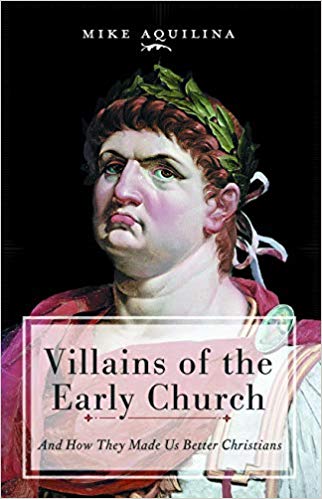Podcast: Play in new window | Download (Duration: 30:39 — 21.0MB) | Embed
Subscribe: Apple Podcasts | Spotify | Amazon Music | Android | Pandora | iHeartRadio | JioSaavn | Podchaser | Gaana | Podcast Index | Email | TuneIn | Deezer | Anghami | RSS | More
Episode 15 – John 5: Living Water pt 1

As we transition from John 6 to John 7, Sharon teaches us about the significance of bread throughout the story of salvation history. We learn that bread was first mentioned at the very beginning in Genesis 3, whereas a result of the fall, we will now toil to eat bread. By choosing the tree of knowledge of good and evil, Adam and Eve turn their back on the free gift of the tree of life, which prefigures the Eucharist. After the fall, the theme of bread runs deep throughout scripture, pointing towards Jesus, the bread of life. We recall that Melchizedek (Gen 14) offered bread and wine, another typology of Eucharist. The Lord rained down free bread from heaven in the form of manna, sustaining the Israelites as they traveled through the desert (Ex 16). The theme of bread is intertwined with the theme of tabernacles. God commanded Moses to build an ark to house a jar of manna, Aaron’s rod and the tablets of the law (Ex 26, Heb 9:4). The tent of the meeting was the first tabernacle, and it housed the Ark of the Covenant within the Holy of Holies. Just outside the Holy of Holies was a lampstand, an altar of incense and a table of 12 loaves of bread. After the Israelites finally arrive in the Promised Land, they built a more substantial, yet still temporary tabernacle at Shiloh (1 Sam 1). 400 years later, the Lord admonishes David about the lack of a permanent tabernacle but forbade David from actually building it, leaving it to his son Solomon to complete the task (2 Sam 7). Solomon’s temple in Jerusalem was dedicated on the Feast of Tabernacles: the Ark of the Covenant was brought from Shiloh and the Spirit of the Lord filled the temple (2 Chron 6-7). Sharon then gives us an in-depth look at the Feast of Tabernacles, one of the three required pilgrimage feast days, along with Passover and Pentecost. Also known as Sukkot or the Feast of Booths, the Feast of Tabernacles and the other six feast days were given to Moses (Lev 23). A joyous celebration, the Feast of Tabernacles was meant to be a feast for all nations and all peoples. Throughout salvation history, many important events occur on the Feast of Tabernacles: the first temple of Solomon was dedicated (1 Kings 8); the second temple of Ezra and Nehemiah was dedicated (Ez 3); Jesus proclaims to be the source of living water and forgives the adulterous woman (John 7-8). Sharon then paints a picture of the Feast of Tabernacles at the time of Christ, describing the week of endless night culminating in the water libation ceremony. As Jesus declared himself the temple in John 2, he is the sanctuary from which the living water of the Holy Spirit will flow upon completion of the Father’s mission. The prophecies of Zechariah 14 and Ezekiel 47 will be fulfilled: with the coming of Messiah, living waters will pour forth from Jerusalem, renewing and refreshing the world.
Sharon Doran serves as the teaching director of “Seeking Truth.” An experienced Bible Study teacher, Sharon has a passion for scripture that will motivate and challenge you to immerse yourself in God’s Word and apply His message to your everyday life.
For more in this series visit the Seeking Truth with Sharon Doran Discerning Hearts page
 “Seeking Truth” is an in-depth Catholic Bible Study, commissioned by the Archdiocese of Omaha in response to John Paul II’s call to the New Evangelization as well as Pope Benedict XVI’s exhortation for all Catholics to study scripture. To learn more go to www.seekingtruth.net
“Seeking Truth” is an in-depth Catholic Bible Study, commissioned by the Archdiocese of Omaha in response to John Paul II’s call to the New Evangelization as well as Pope Benedict XVI’s exhortation for all Catholics to study scripture. To learn more go to www.seekingtruth.net

 In this episode, Dr. Lilles discusses the Fifth Mansions Chapter 3 of the “Interior Castle” which covers:
In this episode, Dr. Lilles discusses the Fifth Mansions Chapter 3 of the “Interior Castle” which covers: For other audio recordings of various spiritual classics you can visit the
For other audio recordings of various spiritual classics you can visit the 
 Dr. Matthew Bunson discusses the life, times and teachings of St. Bonaventure pt. 1
Dr. Matthew Bunson discusses the life, times and teachings of St. Bonaventure pt. 1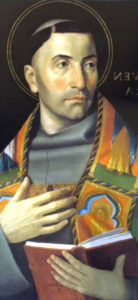
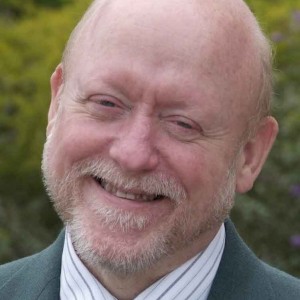
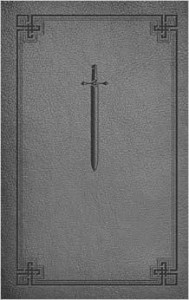

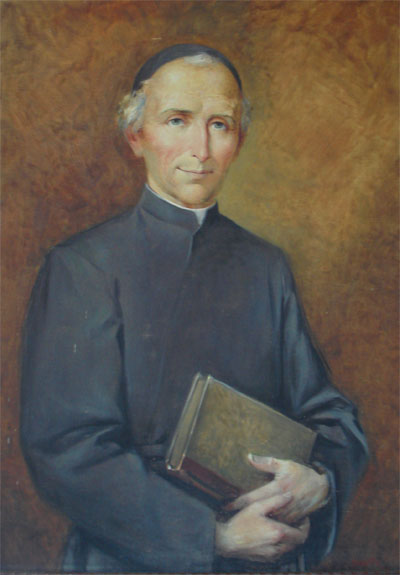
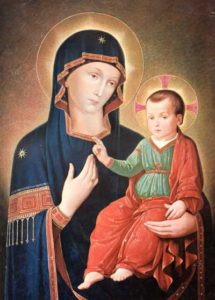
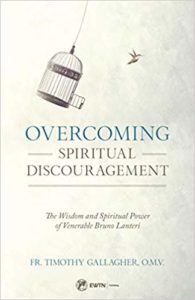
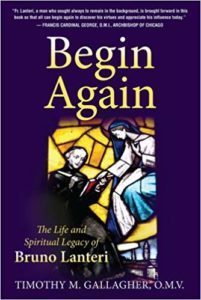
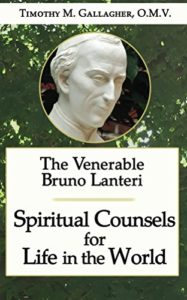

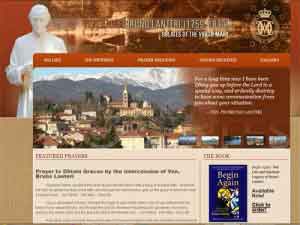

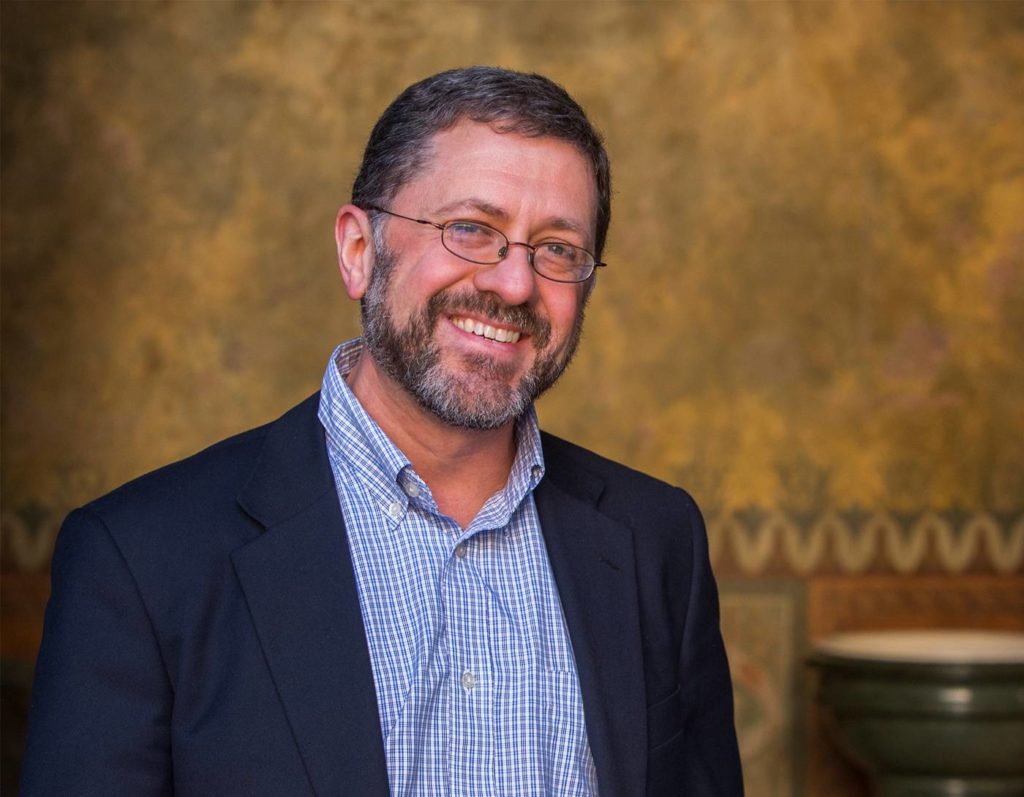 Episode 8 – Celsus – “Villains of the Early Church: And How They Made Us Better Christians“
Episode 8 – Celsus – “Villains of the Early Church: And How They Made Us Better Christians“